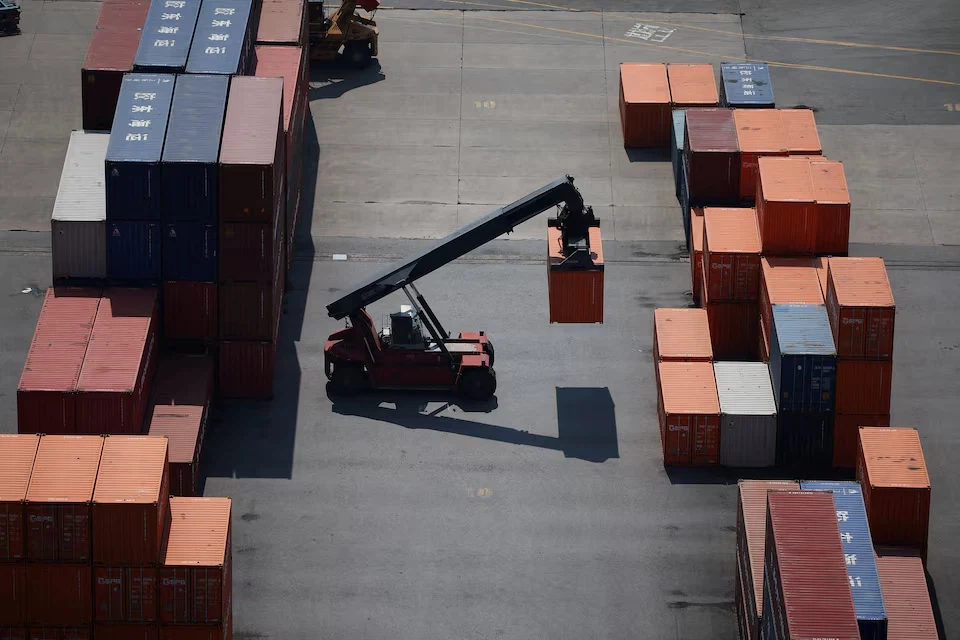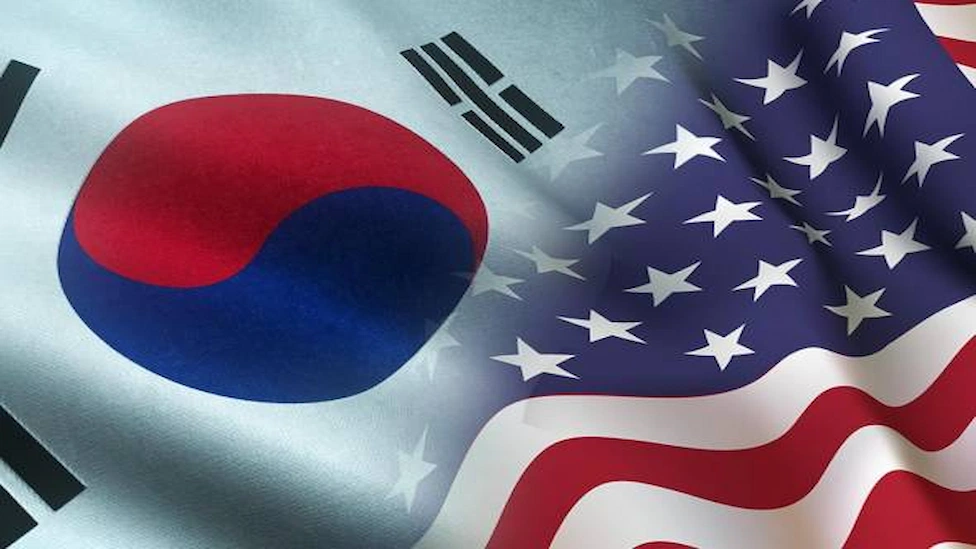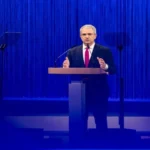South Korea Tariff Response: On Wednesday, May 21, 2025, South Korea announced new support plans for its key export industries, including autos and pharmaceuticals. The move comes in response to sweeping U.S. tariffs introduced by President Donald Trump.
With the July 8 deadline approaching, Seoul is racing to protect its trade-driven economy. These tariffs have sparked concern among South Korean companies, many of which export to the U.S. Government officials say the South Korea tariff response aims to ease pressure on businesses while negotiations with Washington continue.
Also Read | Middle East Oil Price Surge Amid Fears of Israel-Iran Conflict
South Korea Tariff Response: Insights
- South Korea is boosting aid to autos, biopharma, and chip sectors in response to U.S. tariffs.
- Seoul is seeking tariff exemptions through trade talks with Washington.
- South Korean drugmakers are delaying U.S. expansion plans due to cost and uncertainty.
- Celltrion postponed a U.S. project, citing high costs and unclear tariff outcomes.
- Samsung Biologics is undergoing a routine U.S. FDA inspection.
- South Korea’s exports to the U.S. dropped by 14.6% in the first 20 days of May.
- The government has already set aside $20.6 billion in export and reshoring support.
- A trade deal may face delays due to South Korea’s upcoming presidential election.
Background
South Korea’s economy depends heavily on exports. The U.S. is a major trade partner, especially in autos, chips, and pharmaceuticals. However, tensions rose after President Trump imposed 25% tariffs on South Korean products. These measures are part of his push for more domestic production.
South Korea’s tariff response includes talks with U.S. officials and new local policies. Seoul aims to soften the blow to key sectors and protect its trade position in global markets. This effort also includes boosting investment and offering subsidies to exporters.
Main Event
South Korea has launched strong support plans for its export sectors after the U.S. introduced heavy tariffs. Acting Finance Minister Kim Beom-seok said the government would act early to prepare for tariffs targeting pharmaceuticals and chips. The South Korea tariff response includes support for “U-turn” investments and co-financing for domestic production projects.
Officials also announced new steps to help biopharma companies, once more details about the U.S. policies are released. This comes after Trump signed an executive order to speed up drug plant approvals and promote U.S.-based manufacturing. He also started probes into pharma imports, hinting at more tariffs on that sector.
South Korea’s pharmaceutical exports reached $9.59 billion in 2024. About 16% of those went to the U.S. Despite the low percentage of total exports, companies like Celltrion rely heavily on U.S. revenue. Celltrion Chairman Seo Jung-jin said they are delaying a decision on U.S. manufacturing by six months due to high costs and policy uncertainty.
Meanwhile, the U.S. FDA is inspecting Samsung Biologics’ facility in Incheon as part of a routine check. Their shares jumped over 5% following the news.
Trade Minister Ahn Duk-geun warned that talks with Washington could miss the July deadline. Still, Seoul continues efforts to secure tariff exemptions through technical discussions. Export figures already show a 2.4% drop in May, driven by reduced U.S. demand.

Shipping containers stacked at Pyeongtaek Port reflect South Korea’s push to strengthen exports as Seoul ramps up trade support in response to U.S. pressure.
Photo Credits: REUTERS.
Also Read | Bonded LA Warehouses See Surge in Demand Amid US-China Tariff Pause
Implications
The South Korea tariff response is key to shielding vital industries and preserving trade relations with the U.S. For companies, this may mean better financial support, while consumers could face fewer product delays or price hikes. Government officials are under pressure to negotiate deals before the July 8 deadline.
A delay could harm exports further, especially for autos and pharma. Investors are closely watching the talks, as company decisions depend on tariff outcomes. Meanwhile, political instability may slow negotiations and policy rollouts. The success of this strategy could shape South Korea’s trade stance for years.
Conclusion
South Korea’s proactive trade strategy shows a clear response to global uncertainty. The South Korea tariff response could help stabilize exports and reassure companies.
With the July 8, 2025 deadline near, swift action is essential. As trade talks continue, experts predict more targeted measures in the coming weeks. Much will depend on both political outcomes and U.S. policy clarity.



